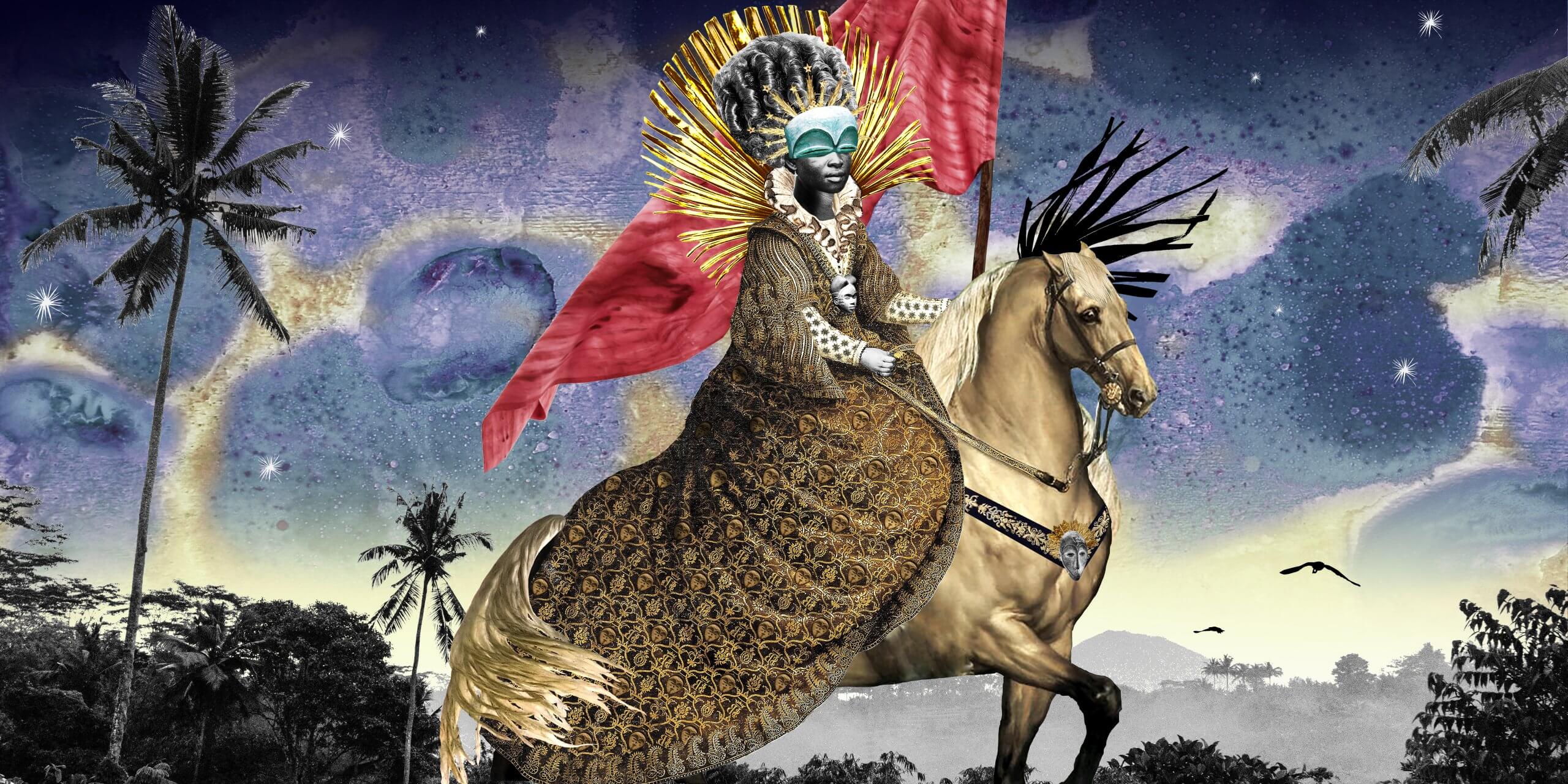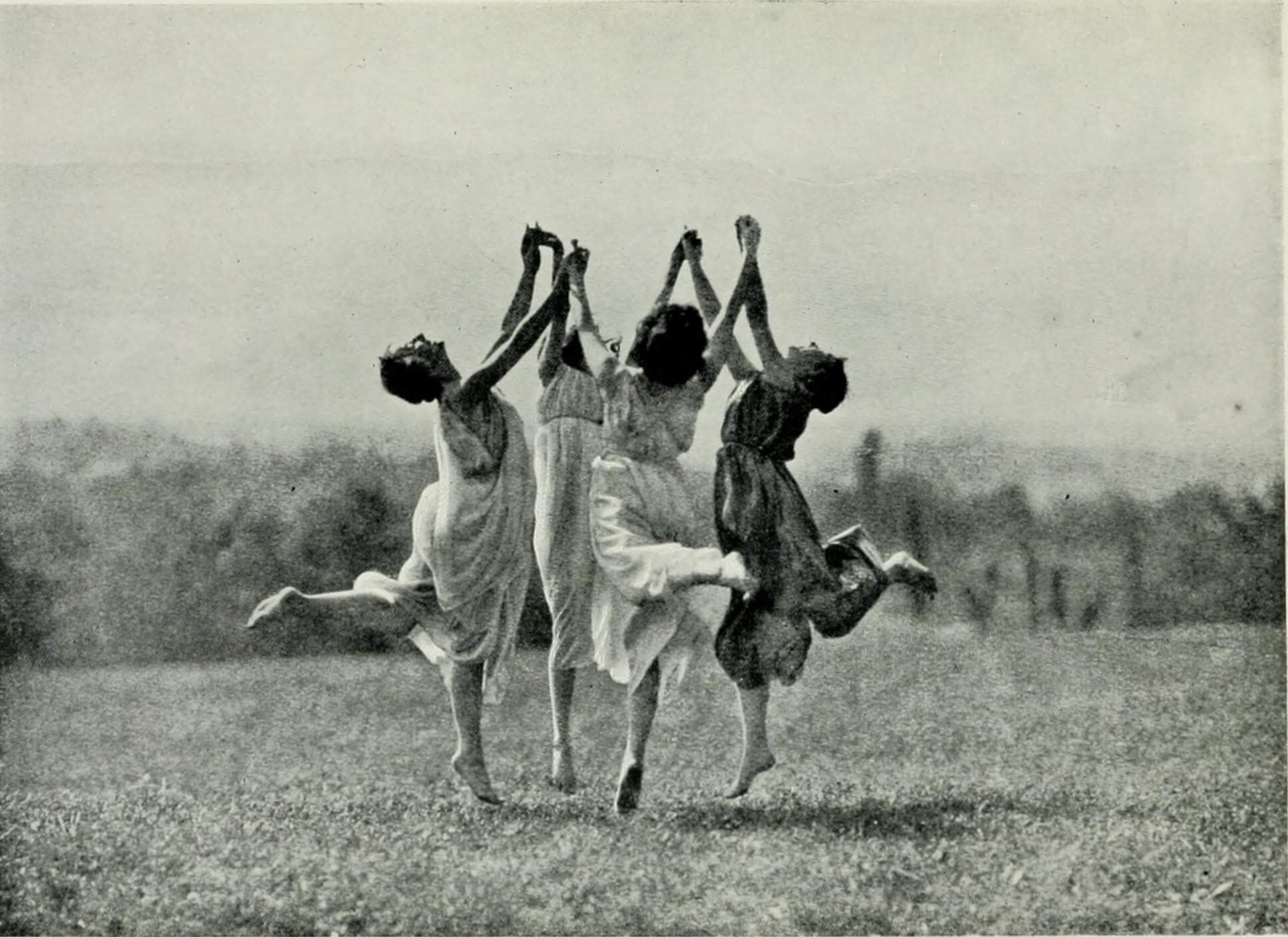SEARCH THE ENTIRE SITE
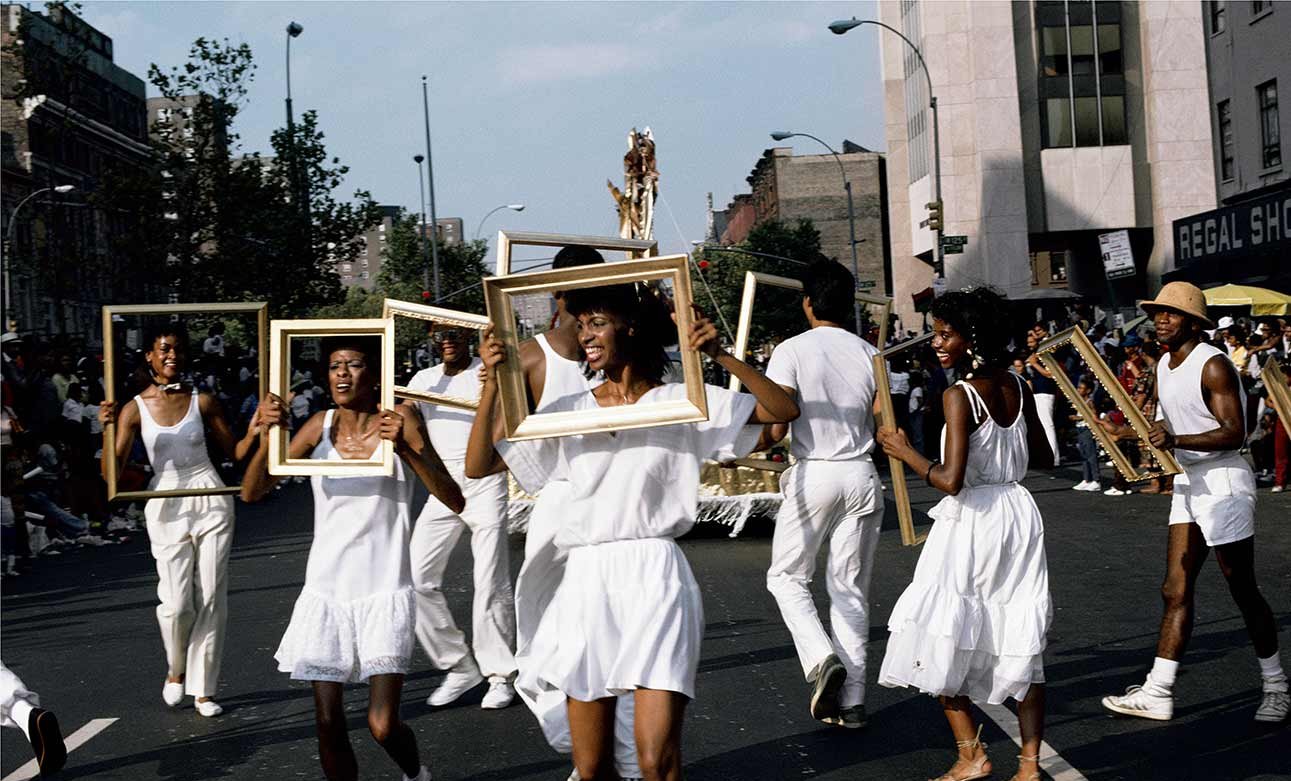
EDITO : Collective Joy
By Guillaume Désanges
What is it to speak of joy today? When the media is so often anxiety ridden, menacing and gloomy? What about speaking of community, when the prevailing mood seems to favor individualism and inward-looking attitudes, masking the positive impulses and new forms of solidarity at work in many circles of society?
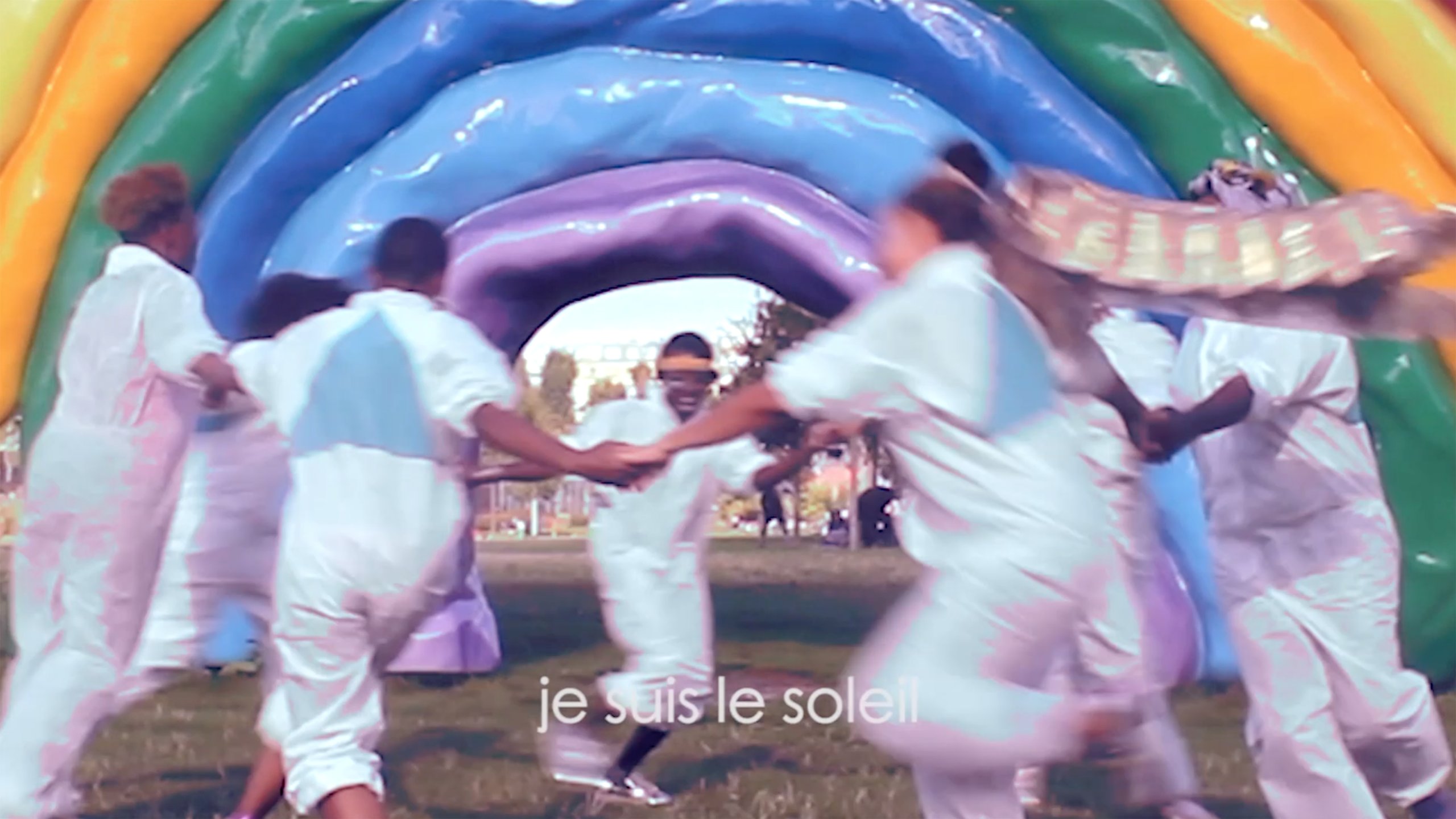
It’s with this in mind that we at the Palais de Tokyo are giving this subtitle to an entire season, featuring a group show, exhibitions by Rammellzee and Raphaël Barontini, an iconographic project, a magazine and a dense cultural programme with a strong emphasis on performance art, including the first edition of plan D, a collaborative programme with the Centre national de la danse designed to resonate with the season’s exhibitions. Collective joy not as denial or enchanted parenthesis, not as a suspension of lucidity, but as a conscious and active resistance to the depressive order of the world. A remedy as much as a tool. A commitment and a safeguard. But also an opportunity to connect contemporary creation with forms outside the strict canons of art, sailing towards other aesthetic currents, other “genres”, calling upon other forms of imagery.
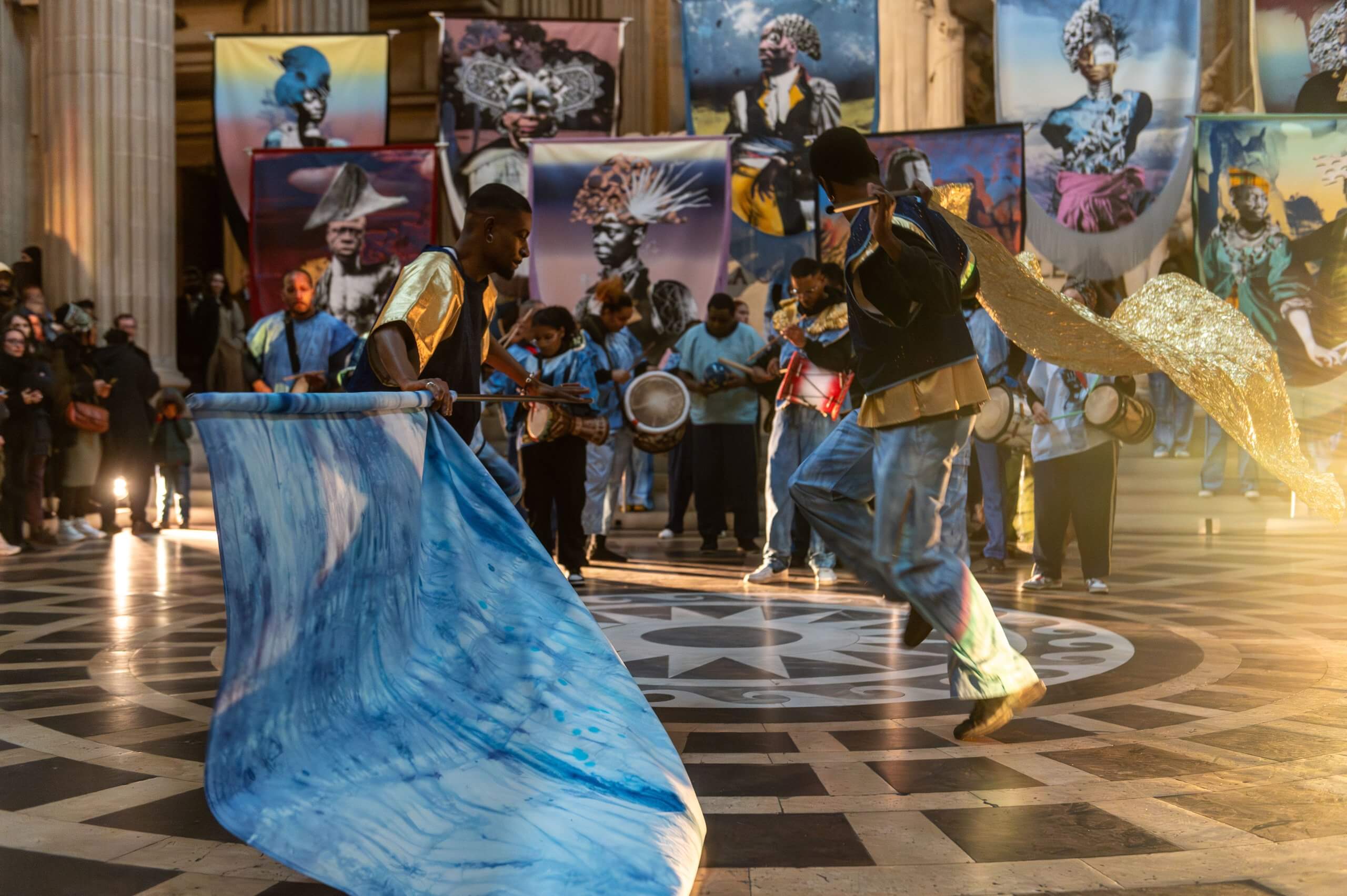
Collective joy has a history as long and as profound as that of art. It is even said to be seminal, congenital to the creative act. As Barbara Ehrenreich explains in her book Dancing in the Streets: A History of Collective Joy, artistic expression began with non-virtuoso, participatory and jubilant practices, before the institutionalization of spectacle as a discipline separated artist and audience, confining the latter to the role of passive spectator.
We hope that this joyful freedom of form will be shared, contagious and overflowing, proving that it is itself a pressing issue – in other words, urgent, necessary and vital.
